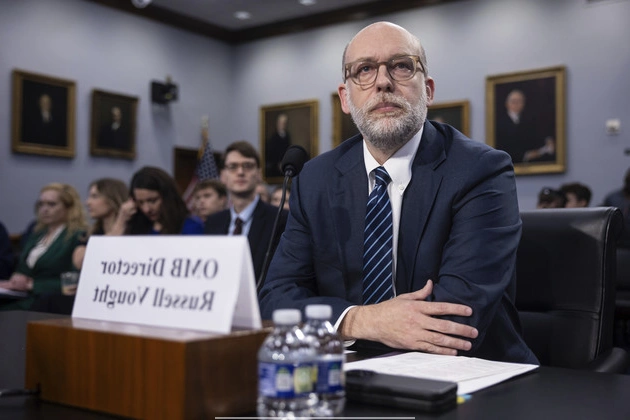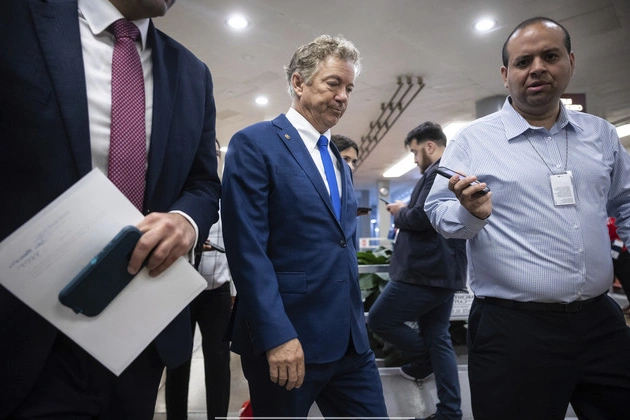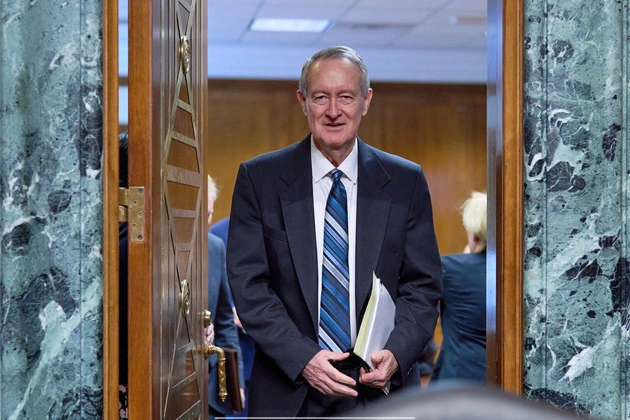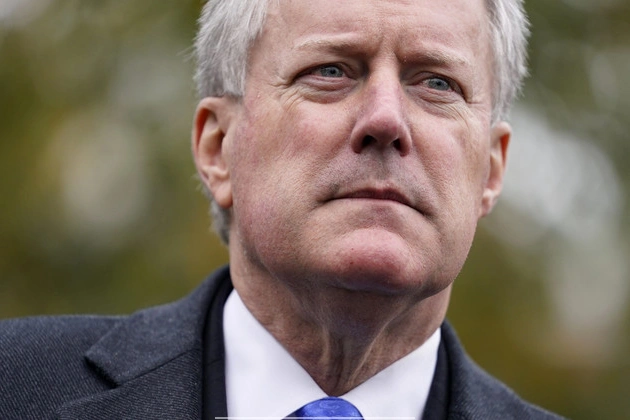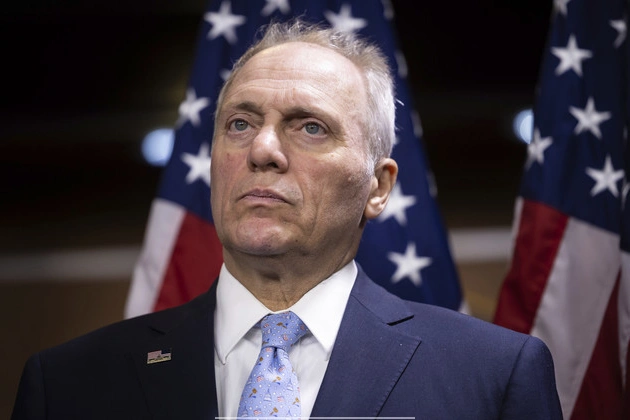
Senate panel advances Turner for HUD on party-line vote - Promoting Affordable Housing Solutions
The Senate Banking Committee voted 13-11, along party lines, to advance Scott Turner’s nomination to be Secretary of the Department of Housing and Urban Development (HUD). Democrats expressed concerns over Turner’s unfinished FBI background check, which did not deter the committee’s decision.
Addressing Housing Challenges
If confirmed by the full Senate, Scott Turner, an NFL veteran and former developer, will oversee a department with a $70 billion budget and approximately 8,000 employees. Housing affordability has taken center stage, especially post-pandemic when costs escalated, making it a critical issue for policymakers.
During his confirmation hearing, Turner highlighted HUD’s shortcomings in fulfilling its core mission, emphasizing the high cost of housing and the surge in homelessness. While he acknowledged the challenges, he refrained from outlining specific strategies, opting to assess the effectiveness of existing programs first.
Contentious Vote and Future Plans
The committee’s decision to proceed with the vote despite Democrats’ concerns about the background check raised debates on procedural integrity. Committee Chair Tim Scott defended the nomination, citing Turner as the catalyst for a new era of homeownership, dismissing the need for an FBI check.
If confirmed, Turner aims to revamp HUD’s funding and restructure housing voucher and homelessness programs. His approach revolves around evaluating program effectiveness and aligning them with HUD’s mission of fostering affordable housing solutions.
Housing Challenges and Political Landscape
The housing crisis has gained prominence in the political landscape, attracting attention from key figures like President Donald Trump and former Vice President Kamala Harris. The affordability dilemma stems from a historic housing shortage exacerbated by post-2008 construction slowdowns.
Policy proposals range from mortgage rate adjustments to regulatory reforms to stimulate housing supply. However, regulatory hurdles at various governmental levels hinder construction and affordability efforts, underscoring the need for comprehensive reform.
Turner’s Approach and Fiscal Priorities
Turner advocates for a collaborative approach to zoning laws, emphasizing flexibility and local empowerment over mandates. When questioned about federal investments in affordable housing, Turner prioritizes fiscal responsibility and program optimization to meet housing needs effectively.
The housing affordability crisis, accounting for a significant portion of the inflation index, underscores the urgency for sustainable solutions. Rising home prices and rents have strained household budgets, prompting voter concerns and influencing electoral priorities.
Future Prospects and Policy Alignment
If confirmed, Turner’s return to the Trump administration signals a focus on Opportunity Zones and investment incentives in distressed areas. His emphasis on community revitalization and economic empowerment aligns with HUD’s mission to address housing disparities and promote inclusive growth.






